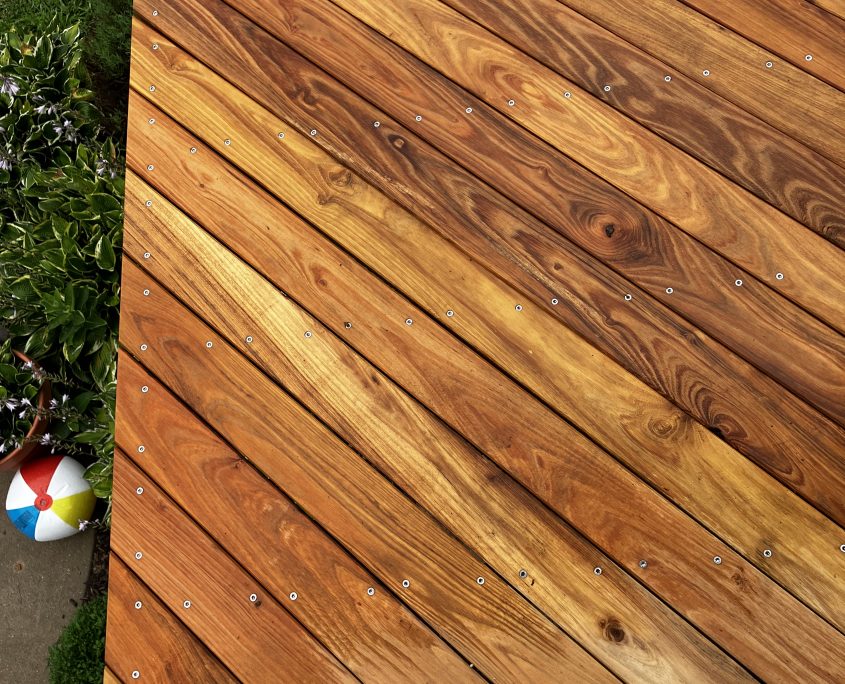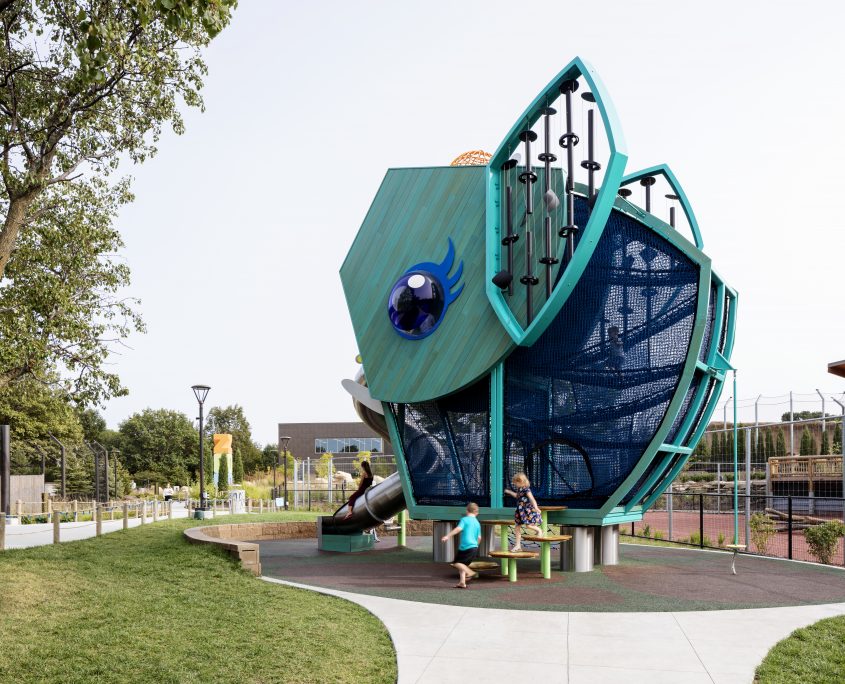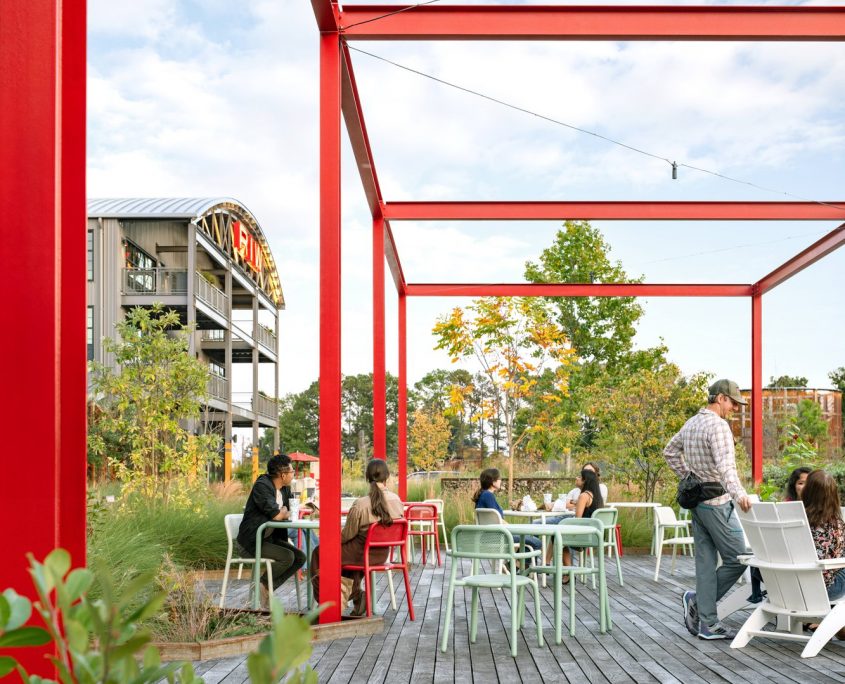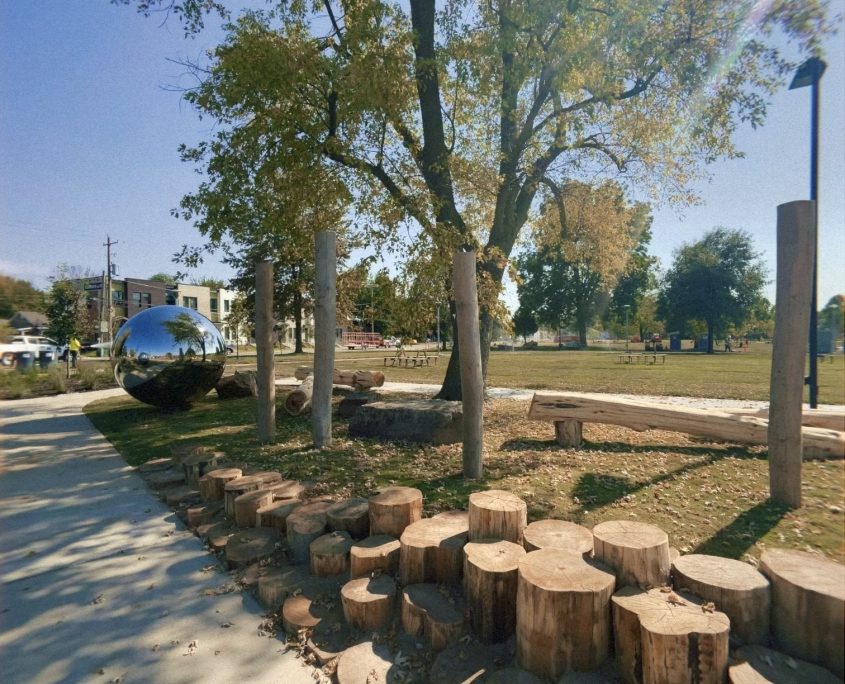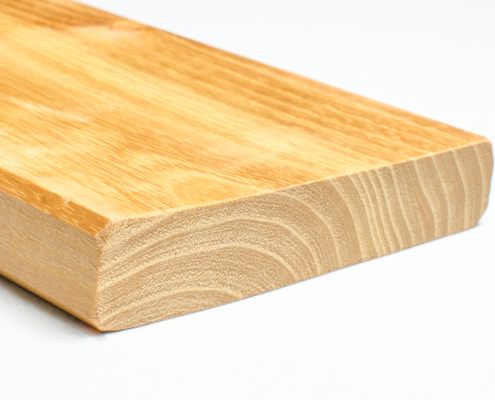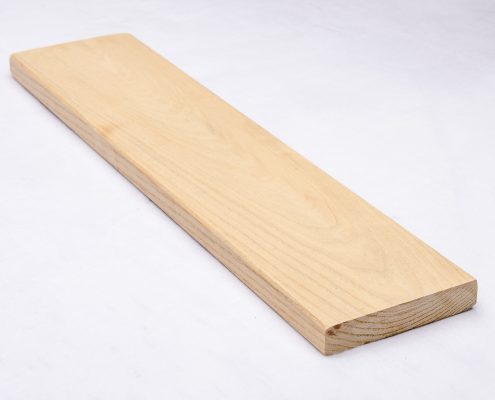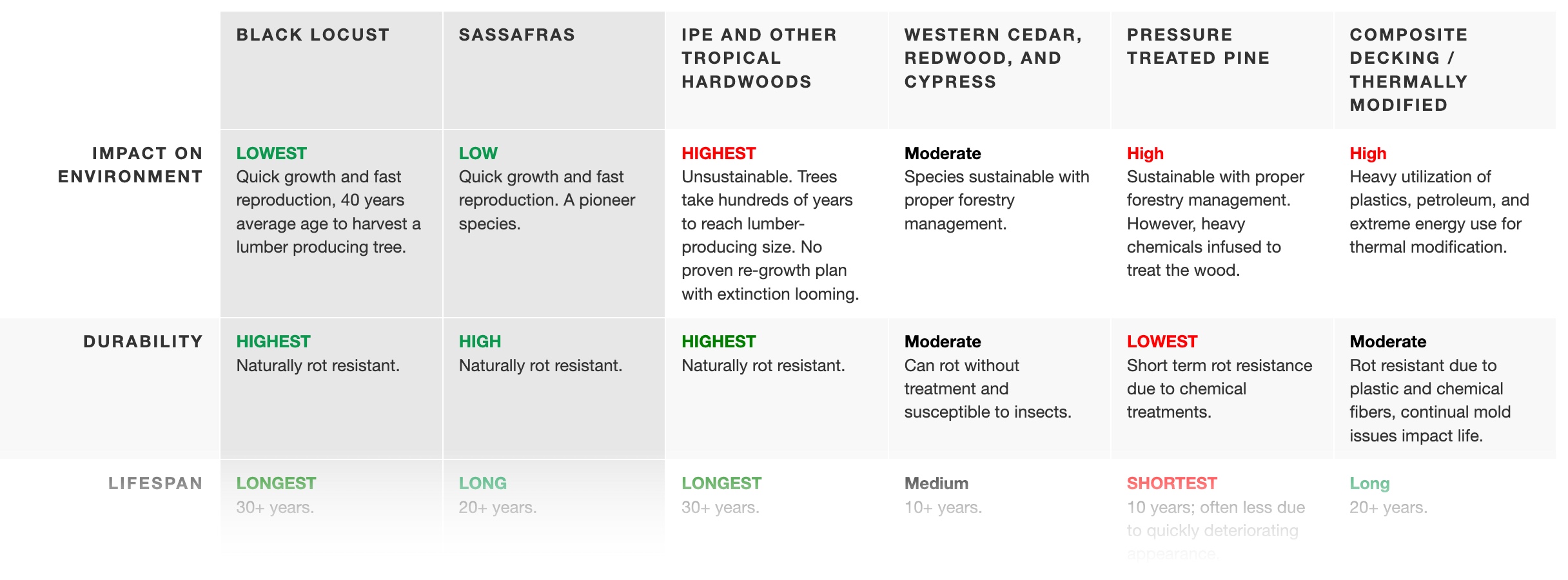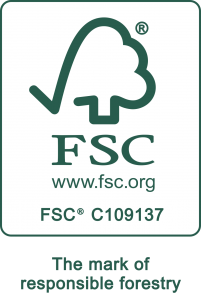Nothing beats Black Locust for sustainability and durability. The wood is naturally rot-, decay-, mildew-, and insect-resistant — the perfect choice for outdoor projects in all climates. Other decking options are potentially hazardous and require significant use of energy, such as chemically-treated pine, heat-treated woods, and synthetically-developed composite decking materials made from plastics.
Other tropical hardwoods such as Ipe are a popular choice for outdoor wood projects. Ipe, for instance, is a tropical hardwood grown in the rainforests of South America. Like Black Locust, Ipe is beautiful and durable wood that can last a lifetime. But exploitative deforestation has driven tropical hardwood species such as Ipe, Big Leaf Mahogany, and Teak toward the brink of extinction. Unlike Black Locust, it takes hundreds to even thousands of years for tropical hardwoods to reach a harvestable size. With many of the tropical species, scientists still have no idea how these trees reproduce.
Today, even with this ultra slow growth and low density, many people mistakenly think that the tropical hardwoods are a “green” building product. Black Locust, on the other hand, grows very quickly at a high-density, and is now considered the most sustainable natural wood product available.
We are proud to also offer Sassafras as a lower-cost and environmentally-friendly alternative to the tropical hardwoods. Sassafras is stronger, harder, more attractive, and will last years longer than chemically-treated pine.
Take some time to learn about these sustainable wood products, or Contact Us to discuss your project today.
